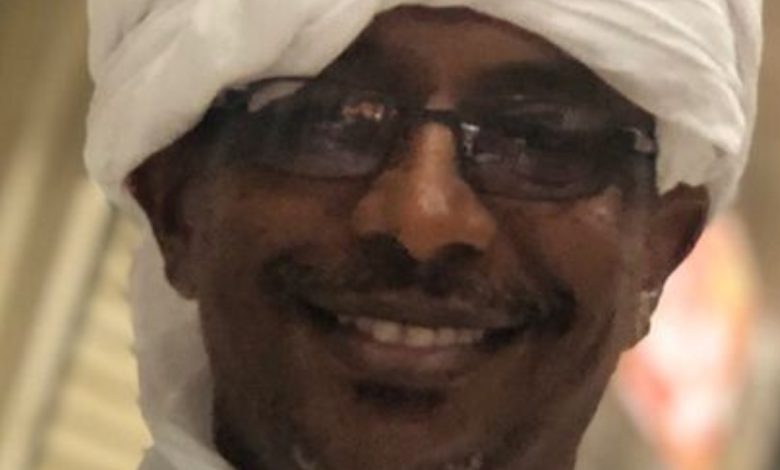
By Khalid Al-Baloola
A sweeping joy overwhelmed the hearts of Sudanese people with sincere affection, accompanied by warm tears of love, pride, dignity, reverence, and glory, as the heart of Sudan, Wad Madani, rose in defiance, pledging allegiance to the Sudanese Armed Forces and rebelling against the scum of these times. Men danced, women ululated, children rejoiced, and senior soldiers wept in honor of a noble promise that lifted the nightmare oppressing our people, families, and women.
Oh… my father’s land, my comfort and joy,
My happiness, wealth, and haven.
I lived in Wad Madani, spending the most vibrant and beautiful years of my life. I visited it as a child with a heart full of peace. We grew up there, and our dreams grew with us, making the city flourish in our eyes, infiltrate our hearts, and flow through our veins. Madani—the city immortalized in the words of Khalil Farah, Sudan’s poet, who poured out his emotions and profound sincerity in an eloquent Arabic tongue. He posed a timeless question:
Why does my soul long for Wad Madani?
This is the question that echoes in the heart of everyone who has lived in Wad Madani and witnessed its tragedy after it was defiled by the riffraff and lowly of these times.
Why does my soul long for Wad Madani?!
Oh, if only fate would allow me,
To wander just one day in Madani’s lands.
Whoever hasn’t longed for or desired Wad Madani doesn’t know its people, its neighborhoods, its playgrounds, nor has felt the warmth of its cinemas, befriended its sons, married its beauties, or studied literature, language, and history under the mentorship of teachers like Qaisan or Khater, who taught us patience and deliberation, often saying his famous phrase: (If the killer had waited, the victim would have died on his own.)
How can one not yearn for Wad Madani, where life’s rhythm was tuned (both musically and militarily) under the guidance of Sergeant Mileiji at Madani Secondary School? From there, you would graduate as a student—not aimless or reckless—but as a person of character:
A youth of exemplary morals,
A man in every sense of the word.
Justice runs in his veins,
And hope fills his chest.
You see him smiling each morning,
As though his life is a celebration.
His actions mirror his words,
And his deeds follow his promises.
The magnificence of Madani is epitomized by Khalil Farah, whose emotions would overflow for this sacred place, Wad Madani, whenever he yearned to visit its founder and spiritual leader:
I used to visit my father in Wad Madani,
To confide in him about the city life and rural life.
Oh… my soul, my longing, and my passion,
My nostalgia, my yearning, and my sorrow.
This timeless anthem created by Khalil Farah remains a crown jewel in Sudanese music, expressing the feelings of every lover and madman enamored by “The Mother of Cities”—the jewel of the Blue Nile. Omar Al-Hajj Musa also admired it, calling it: “Madani Al-Sunni, the beauty of Al-Jazira, the maiden lying on the banks of the Blue Nile, bathing in its waters, relaxing on its sands, warmed by its breezes, sheltered in its embrace, and resting on its soil and terrain, its fields and shores.”
Wad Madani, the “Heart of Al-Jazira” and its capital, is best described by poet Tawfiq Saleh Jibreel’s lines about the city of Damer:
“Oh Damer Al-Majzoub, you are neither a simple village
Nor a bustling town with all its urban flair.”
Wad Madani is the heart of Al-Jazira, with its people, its agricultural project, and the shrine of its leader Al-Sunni. Its noble residents are the epitome of kindness, generosity, tolerance, and solidarity, always rushing to help those in need and support the weak.
Madani will remain dignified, proud, and cherished by its people and residents, no matter how many calamities and challenges it endures. The trials of Wad Madani have revealed the character of the noble and the nature of the wicked, as Al-Mutanabbi once said:
“The noble, when given power to harm,
Will be restrained by noble virtues and will forgive.
But the vile, when given power to harm,
Will act tyrannically, leaving no room for reconciliation.”



